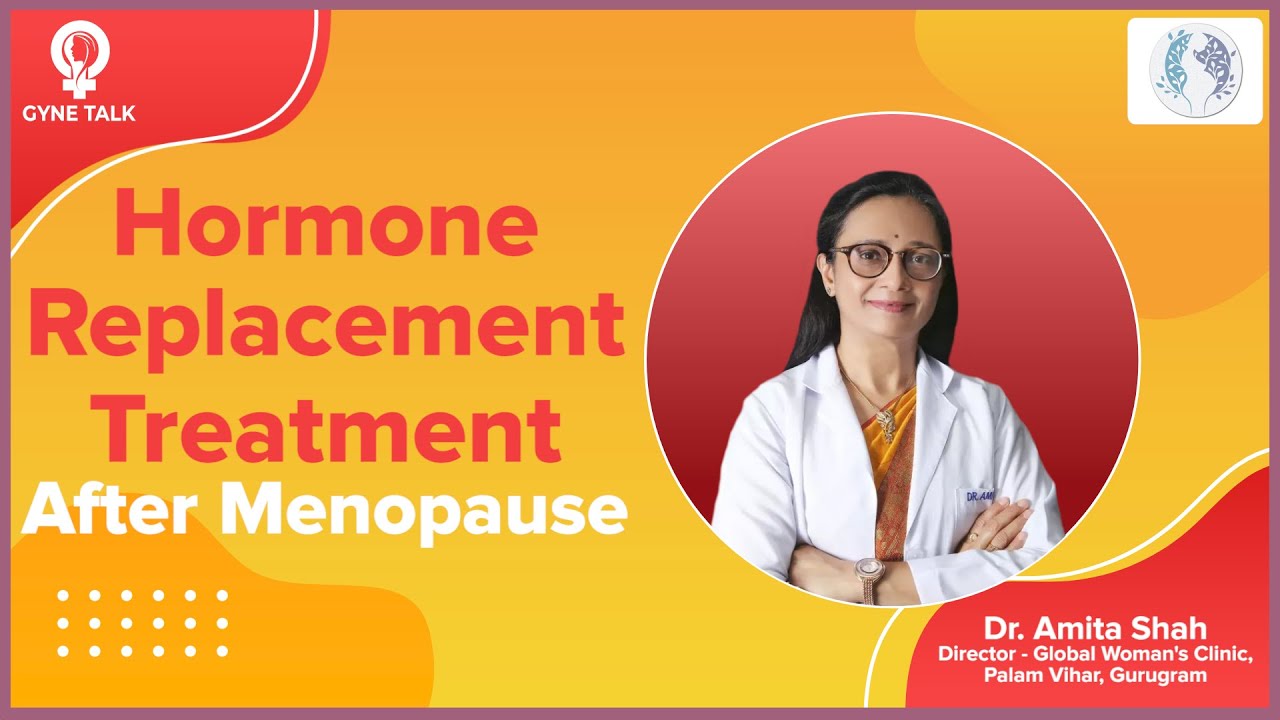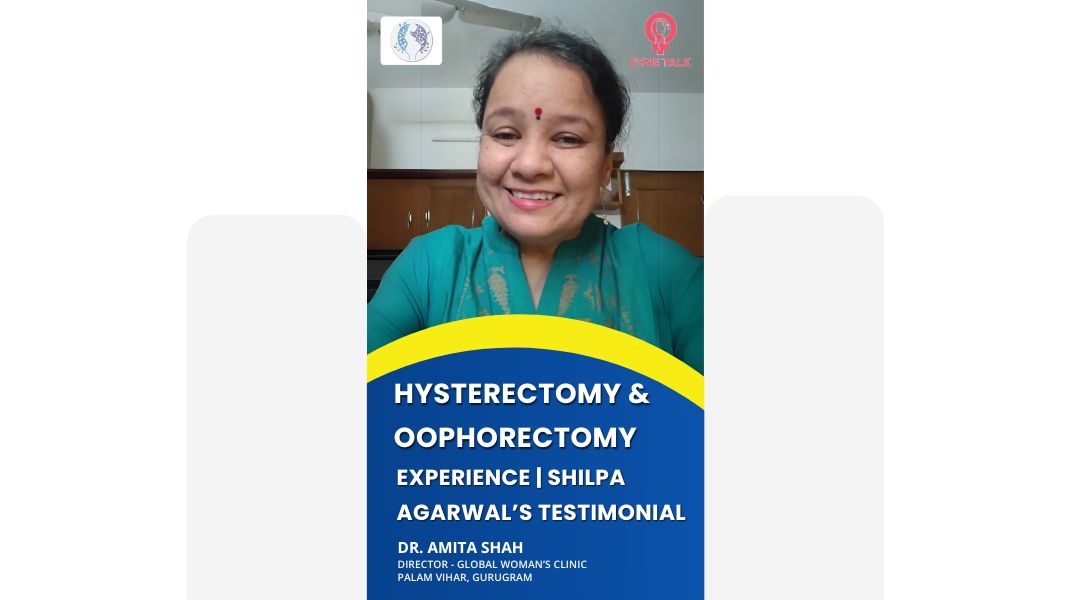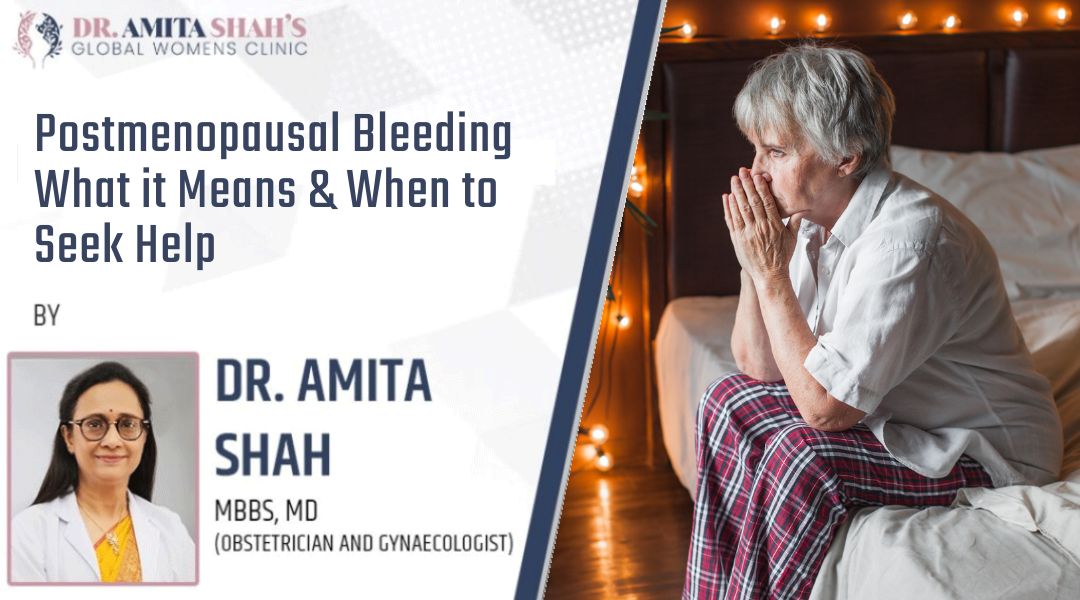What exactly is cervical cancer? Can we prevent it? What is the treatment for cervical cancer, and how can we protect our young women from it?
All these aspects we will cover in this blog.
I am Dr. Amita Shah, Senior Consultant Gynecologist and Laparoscopic Surgeon from Gurgaon.
What is cervical cancer and how cervical cancer occurs?
The cervix refers to the mouth of your uterus. The cancer that occurs in this area is called cervical cancer. It is the most common cancer in women in India, but because of the lack of awareness, people do not know about it. We are quite certain about this type of cancer and understand how it develops.
What are the causes of Cervical Cancer?
So, in 95% of the cases, this cervical cancer occurs due to HPV. HPV stands for Human Papillomavirus. There are many strains of this virus that normally exist in women’s vaginas, but not all of them cause cancer. Human Papillomavirus is a low-risk virus, but there are some high-risk virus types.
This cancer occurs due to high-risk HPV strains. It is a sexually transmitted disease, and when girls become sexually active, the chances of developing this cancer increase.
Prevention of Cervical Cancer
Can cervical cancer be cured or how to prevent cervical cancer? The prevention of cervical cancer can be achieved in two ways. The first primary prevention for cervical cancer is vaccination. The other is secondary prevention.
We have two types of cervical cancer vaccines available. One is the bivalent vaccine, which is effective against two high-risk human papillomavirus strains. But now we also have a quadrivalent vaccine, which is effective against four high-risk HPV strains.
Additionally, a new vaccine has come out, which is effective against nine strains, and it is also known as Gardasil Nine. In India, a new vaccine called “Cervavac” has been developed. This is an indigenous vaccine and is highly effective. The vaccine is expected to be recommended for girls aged 9 to 14 years in the future.
Recommended Age for the Vaccine
So, what is the right age to take this vaccine?
The right age to take this vaccine is from 9 years to 14 years, but it can also be taken up to 40 years. It should be taken as early as possible because the sooner girls take this vaccine, meaning before their sexual activity starts, the more antibody production occurs, and the more effective the vaccine is.
If the cervical cancer vaccine is taken before the age of 14, only two doses are required. However, after the age of 14, three doses are needed.
A new vaccine is being developed in India, which is called Cervavac. Science has now proven that there is enough evidence in the literature to say that if one dose is taken before the age of 26, it is equally effective as taking two doses.
So, if we take just one dose, it provides the same protection as taking two doses.
It is very important that we start giving this vaccine to all girls from the age of 9, and up to the age of 40.
If every girl and woman take this vaccine, then hopefully, in the coming years, in another 10 to 15 years, we will be able to completely eradicate cervical cancer.
The second method is secondary prevention.
Secondary prevention means screening. Screening is done through a very simple test called the Pap smear, which I have explained in another video. It is a very simple test that every sexually active woman should get done every year. This test takes hardly 10 seconds to perform and is done in the gynecology OPD.
During the test, we insert a speculum into the vagina to open the vaginal walls. We introduce a brush and collect secretions from the cervix to make a slide, which is then sent for testing. This helps us determine whether the cells are normal, infected, precancerous, or cancerous.
Importance of Pap Smear Even After Vaccination
Now, the question arises, if you have taken the vaccine, do you still need to get a Pap smear?
Yes, absolutely. Even if you have received the cervical cancer vaccine, you still need regular Pap smears and screenings. While the HPV vaccine significantly reduces the risk of developing cervical cancer, it doesn’t eliminate the risk entirely. In some cases, the vaccine may not protect against all strains of the virus, so ongoing screening remains important. Regular Pap smears can help detect any abnormal changes early, allowing for timely intervention and reducing the risk of cancer.
Symptoms of Cervical Cancer
What are the symptoms of cervical cancer?
If you are experiencing vaginal discharge, which is foul-smelling or blood-mixed discharge, if your periods are irregular, or if you are experiencing bleeding after contact with your husband, which is known as postcoital bleeding, then all of these symptoms suggest that you should definitely consult the best gynecologist in Delhi NCR for cervical cancer treatment. During the check-up, a per speculum examination is done, which allows us to open up your vaginal walls and visualize your cervix.
First, we take a smear, and if your cervix is unhealthy, we need to perform a colposcopy. Colposcopy means observing the cervix through a microscope. In case the cervix is unhealthy, we then take a cervical biopsy for further diagnosis.
Treatment for Cervical Cancer
If cervical cancer is detected early, the chances of successful treatment for cervical cancer are high. However, if symptoms are ignored and a Pap smear is not performed, the chances of a cure decrease when the cancer is diagnosed at a later stage.
If you are experiencing symptoms of cervical cancer, consult the best gynecologist in Delhi NCR for effective treatment.
Doctor Profile
Dr. Amita Shah is one of the best gynecologists in Delhi NCR, with extensive experience in treating cervical cancer. She is also a renowned laparoscopic surgeon with advanced skills in robotic laparoscopic surgery and currently heads the Obstetrics and Gynecology department at Apollo Cradle and Miracles Mediclinic in Gurgaon. You can contact her for a consultation at +91-8800188335 or email her at info@amitashah.com.







